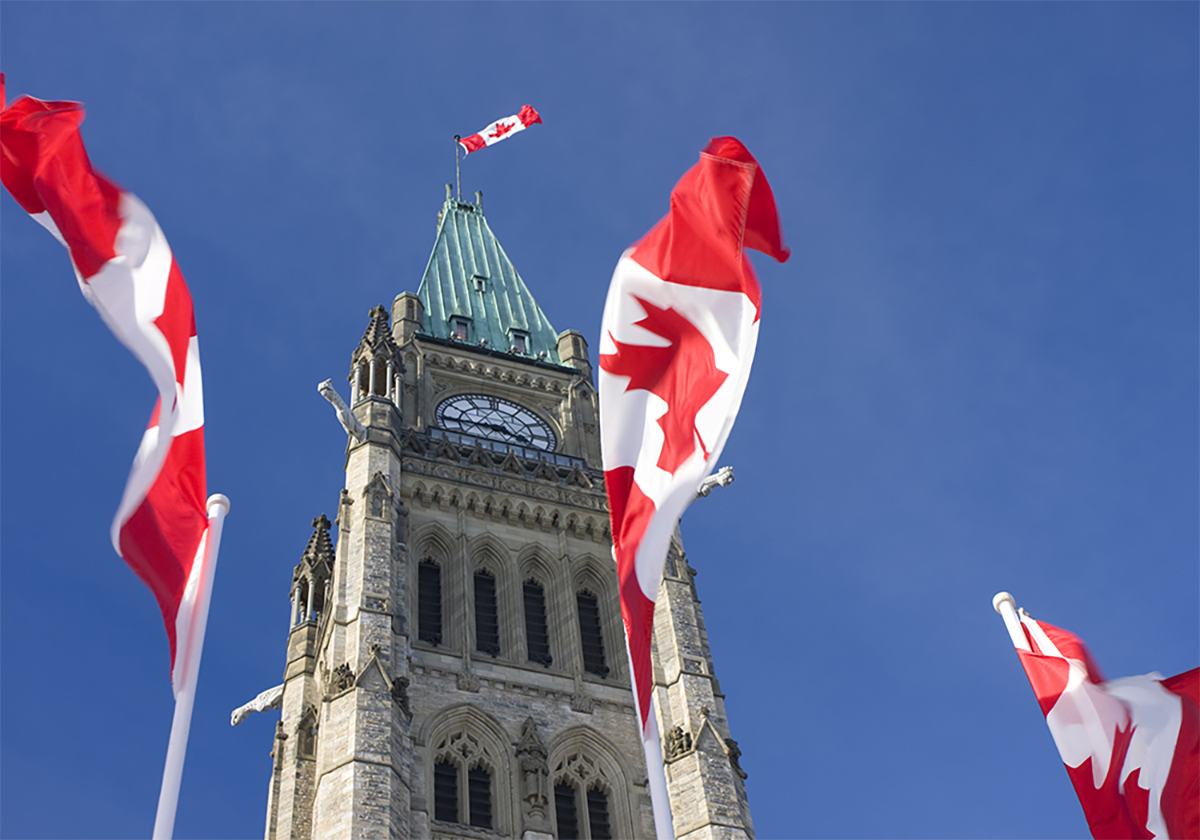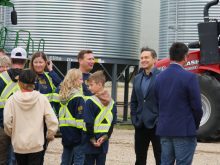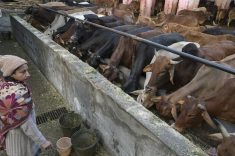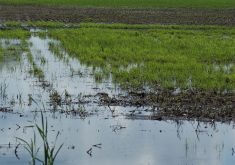Although the wind has shifted and dark storm clouds are gathering on the horizon, the sky isn’t falling, at least not yet. It’s reasonable and prudent to worry about the future, but it’s far too early to be lining up for massive government support programs.
Prices for most grains, oilseeds and specialty crops are down from recent years, some more than others. The most notable is canola which dropped precipitously after the announcement of Chinese tariffs on oil and meal.
American tariff threats have no doubt hurt prices as well, but how much this has contributed is anyone’s guess. It’s interesting to note that canola prices clawed their way back up again as the shock from the Chinese action subsided.
Read Also

Dennis Laycraft to be inducted into the Canadian Agricultural Hall of Fame
Dennis Laycraft, a champion for the beef industry, will be inducted into the Canadian Agricultural Hall of Fame this fall.
The 2024 crop is mostly sold. The bigger question becomes prices for the 2025 crop. Goodness knows what the world trading environment will look like in another five or six months. The storm clouds may not look as bad by then or maybe we’ll truly be in a battle for economic survival.
Farm leaders wouldn’t be doing their job if they weren’t voicing concerns and trying to raise the profile of potential agricultural issues with elected leaders and soon-to-be elected leaders. However, expecting governments to solve everyone’s problems is naïve.
As the election campaign drones on, the Liberals and Conservatives are both promising to reduce taxes, dramatically increase defense spending and spur a massive increase in new house building, all the while protecting Canadians from the fallout of American trade action.
Money grows on trees during election campaigns.
During the pandemic, the federal government indiscriminately shovelled money out the door. Support was certainly needed, but billions were wasted. Many individuals learned the lesson that it’s easier to collect government money than actually make your own way in life.
Support programs will again be needed if the worst trade war scenarios come to pass. Industries, including agriculture, are positioning themselves to be at or near the front of the line for government largess.
However, farming is a business. Outside of the supply managed sector, commodity prices go up and down. Costs always seem too high. Profits are not guaranteed.
While we like to feel hard done by, we have more government support programs than other businesses across the country. This is particularly true for the grain sector with crop insurance, AgriInvest, AgriStability and some interest free financing from the Advance Payments Program.
Why do farmland prices continue to increase year over year? Two main reasons – the expectation that land prices will keep rising and uncharacteristically good returns for grain farmers for most of the last 20 years.
For farmers already feeling a financial pinch and who are worried about having enough money and credit to seed a crop, high land payments and/or cash rental rates are typically a big part of the squeeze. In many ways, grain farming is a victim of its own success.
If the country ends up in a full-fledged trade war battling to keep the economy afloat, governments will only be able to provide a limited buffer. Government debt is an almost ignored issue, but paying for that debt is costing a tremendous amount of money that should be spent on important priorities.
It’s easy to wave a flag and stand up for Canada when you think the government can protect us all. Can we stand up for Canada when it involves financial sacrifice in our businesses and personal lives?
Kevin Hursh is an agricultural journalist, consultant and farmer. He can be reached by e-mail at kevin@hursh.ca.
















